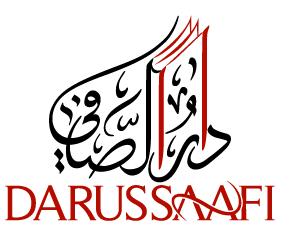Question: What is the ruling on participating with the Christians on the Birthday of the Messiah (Christmas) in which the people of the land celebrate this Religious day? Many of them decorate their houses with some flowers and they place different types of lights on the walls of their houses and on other places as a form of adornment. Is it allowed for a Muslim to decorate the outside of his house with flowers and lights on the Days of Eid of the Muslims?
Likewise, during this festival [i.e. Christmas] there are cars which go to the different districts carrying some sweets. They distribute them to the children in the neighbourhood for free. The children compete to obtain these sweets. We live among these people and our children see the likes of these actions. What is the ruling on our children to take these sweets?
Answer: “As for displaying happiness, joy, and adornment on Christmas or other than it from religious celebrations of the Christians, then it is haram without doubt. Rather, we say as Ibn al-Qayyim (may Allah have mercy upon him) said: “If such a person is safe from disbelief [for committing this action], then the action which he has committed is more severe than drinking alcohol or other than that from what the Christians believe to be lawful. It is unlawful in the Legislation” [Ahkaam Ahlul-Dhimmah (1/441)]
So it is obligatory upon the Muslims to have honour and self-respect and not be followers of these Christians.
In regards to these cars, then it is upon the Muslims to object to the Christians if they go around with their cars in the neighbourhood of the Muslims. They should make apparent their rejection [of that action] towards them.
As for decorating the houses on the Eid of the Muslims, then I do not see any harm in this because this is displaying joy and happiness just as it is allowed to play the Duff (the hand drum), play with spears, and the likes [on that day]
[Fataawa ‘ala at-Tareeq (pg. 21-22)]
Translated by
Faisal bin Abdul Qaadir bin Hassan
Abu Sulaymaan

